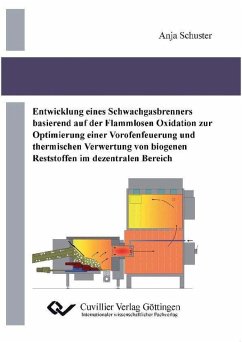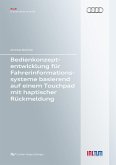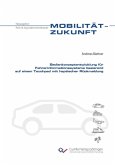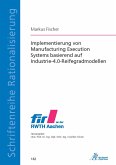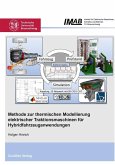The substitution of fossil fuels by renewables is one way to contribute to a sustainable energy supply. Renewables had a share of 6.7 % of the total primary energy consumption in Germany in 2007. Biomass is the most important energy source among the renewables with a share of 5.1 % of the primary energy consumption. Although, the share of renewables is still relatively low, it has grown considerably in the last years from 2.6 % in 2000 to 6.7 % in 2007 due to several aid programmes in Germany. A further growth is expected due to national and European goals to increase the share of renewables in final energy consumption to 20 % in 2020. Longterm, the share of renewables shall be increased even to 50 %. In order to achieve these ambitious goals not only high-quality biomass but also biogenic residues and waste will play an important role in energy production from renewables. Besides already used biomass sources, e.g. firewood, wood residues from wood processing industry, treated wood, and partly straw, other biomass sources and biogenic residues, e.g. timbered wood residues, lop, residues from roadside, biogenic residues from agriculture as well as energy crops, are still unused. In Germany about 550 PJ of biogenic residues and waste are available for energy production each year. This could cover about 4 % of the current primary energy demand. The growing interest in utilization of these low-grade biomass sources is not only because of their availability but also due to their low prices. As a result of the high demand of wood both for material and energetic utilization as well as the limited availability of high-quality biomass, the fuel costs increased rapidly in the last years. However, high fuel costs prevent an economic operation of combustion plants, and thus the utilization of low-cost biomass resources becomes necessary. Reasons for the still limited exploitation of these biomass sources are the high costs of the conversion technologies for heat and power generation. These biomasses cannot be utilized in conventional combustion plants for wood without additional adaptations due to their different physical and chemical properties compared to wood.
Dieser Download kann aus rechtlichen Gründen nur mit Rechnungsadresse in A, B, BG, CY, CZ, D, DK, EW, E, FIN, F, GR, HR, H, IRL, I, LT, L, LR, M, NL, PL, P, R, S, SLO, SK ausgeliefert werden.

